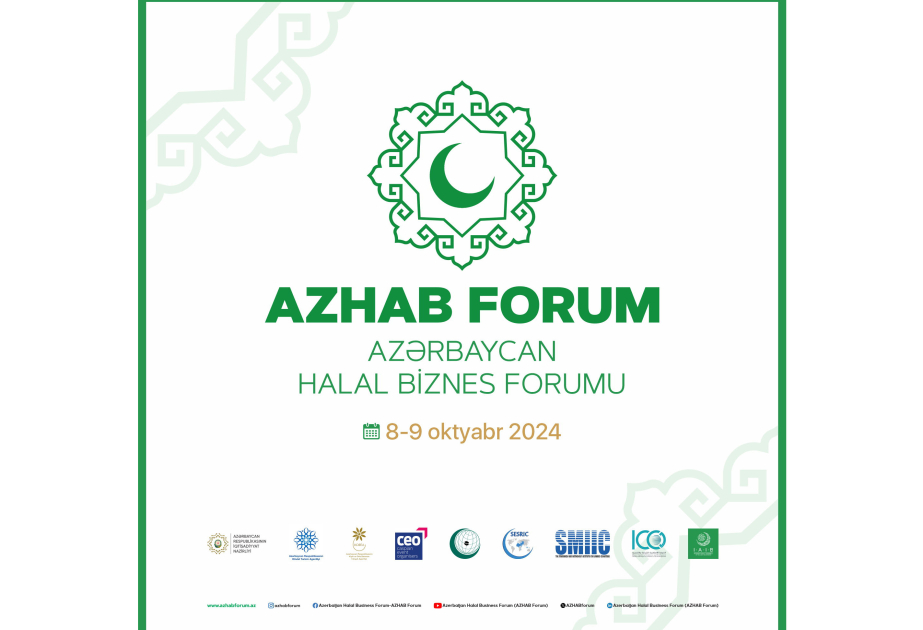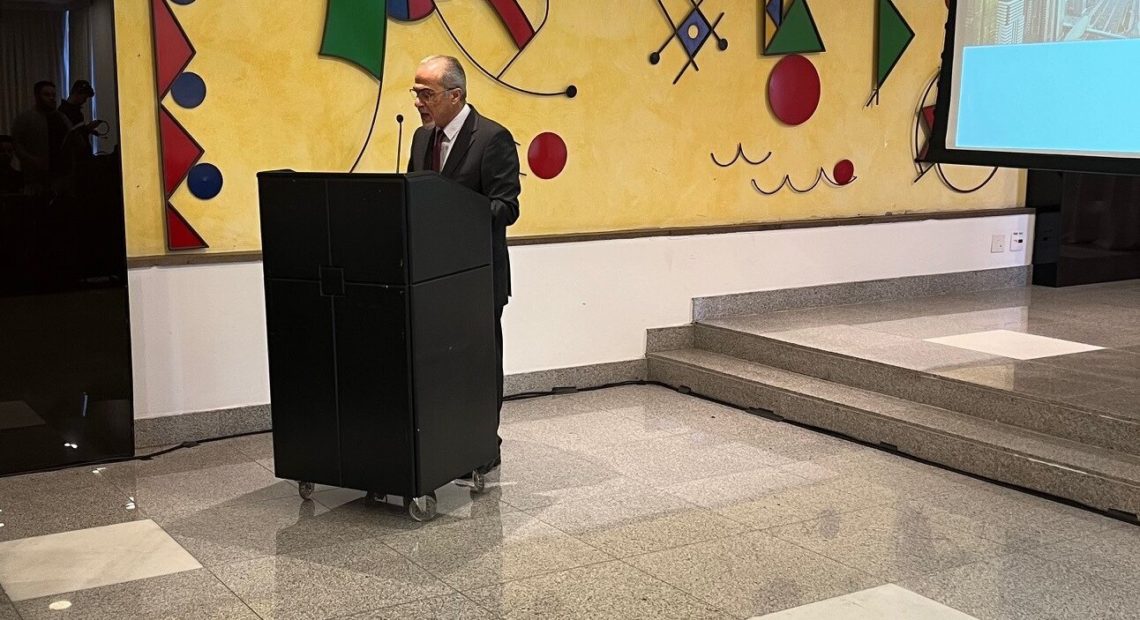- By: Walailak Keeratipipatpong
Closer partnerships between
importers and producers will benefit Thai entrepreneurs, while China’s
Muslim market offers rich potential.
Thai entrepreneurs are encouraged to move
beyond being merely suppliers and to form partnerships with investors
from the Gulf Co-operation Council (GCC) states and other Muslim
nations to cash in on the growth of the global halal market.

Dr Adisak has been promoting aggressive strategies under a D2D or
‘‘Direct to the Keyman’s Door’’ model to strengthen and build
relationships with halal partners around the world.
Importers from these countries have shifted from a basic import
model in which they simply order products and are now looking at
finding the right business partners.
“The point here is that this marks an important development for Thai
businesses because it would make halal importing companies partner up
with global suppliers, thus helping them establish a presence there and
giving the local businesses knowhow about the exact procedures for
processing, packaging and labelling. They will emerge as more than
importers and become producers working together with global
facilities,” said Dr Yusuf Reilly, a consultant to the Thai Halal
Manufacturers & Exporters Association for the Europe and USA zones.
Al Islami, for example, is setting up a meat-processing plant in the
UK. Mekkafood in Germany is setting up its own production facilities,
Dr Reilly told participants at the Expanding the Global Halal Markets
Conference 2009 held in Bangkok recently.
This trend is also being witnessed in countries in Asia where
foreign investors, including those from GCC states are seeking local
partners, especially food and farm product processors to tap abundant
supply sources.
The GCC, which has a population of 36 million and includes Kuwait,
Oman, Qatar, Saudi Arabia and the United Arab Emirates, has put large
investments into agriculture in Indonesia this year.
In Thailand, Bahrain-based Islamic bank Al Salam Bank recently
signed a memorandum of understanding with Thailand’s largest
agro-industry group, CP Group, for the possibility of jointly investing
in food and farm businesses.
According to Dr Reilly, the global halal market is huge and it is
expected to be worth US$650 billion by end of 2010, thanks to the
developments and the growth of some virgin markets including Turkey and
China.
With about 30 million Muslims, China is a major potential market as
both a producer and consumer of halal products. “The market is
underserved and very eager to find halal products that meet their
needs,” he said.
Adisak Asmimana, president of the Thai Halal Manufacturers &
Exporters Association, said at the conference that Muslims in China
were a huge consumer market that Thai halal companies should tap into.
Ningxia, the autonomous region near the border with Mongolia, is
home to a large Muslim population, as is Xinjiang, the Uyghur
autonomous region tucked between Mongolia and Kazakhstan in the
northwest .
Dr Adisak, the first president of the new association, said he had
worked hard over the past year on more aggressive strategies under D2D
or “Direct to the Keyman’s Door” to strengthen and build relationships
with halal business partners around the globe including China.
He has played a key role in the establishment of the World Halal
Business Association with businessmen from China. With a representative
office in Hong Kong, the association will help support the expansion of
halal market to China and acts as a springboard for Thai products to
expand worldwide.
Chan Hing Tze, president of China Halal Manufacturers and Exporters
Association, believes a strong halal business is essential to help the
world economy get through the current crisis.
“The fact that I’m not a Muslim does not prevent me from linking
trade and business with Muslims in China, Asia and the Arab world,” he
said.
“The difference is not a problem for there are no boundaries in the
global economy and you can be sure that we could help boost the global
halal business substantially in the near future.”
There are plenty of halal-food restaurants in China, particularly Beijing, which is home to 200,000 Muslims.
The Thai Commerce Ministry has encouraged small and medium-sized
entrepreneurs to explore the halal market by joining its trade trips
abroad. The ministry also advises manufacturers to make products and
run businesses in strict conformity to Islamic rules.
In Thailand, halal products are processed in accordance with
regulations of the Central Islamic Committee of Thailand for Halal Food
Standard B.E. 2544, which covers production plants, food products, raw
materials, employees, transport and storage, distribution and services.
The Halal Science Centre at Chulalongkorn University says the
world’s Muslim population in 148 countries is now 1.9 billion or 29% of
the total world’s population.
The world’s Muslim consumers include 8 million in North America with
a market value of $1.75 billion per year, 18 million in Europe ($2.63
billion), and 200 million in Indonesia ($2.19 billion). Thailand’s
share in halal products market is estimated at $330 million or 0.057%.
Dr Reilly suggests Thai companies catch up the market trends of halal products to enlarge its market share.
His study shows that the market of the younger generation is getting
bigger and products that fit into their new lifestyle with appealing
packaging and labelling are in high demand.
These consumers work longer hours and do not go to markets or cook
very often. Therefore, frozen meals, packaged food and microwave
dinners are in high demand.
“Open your mind to this possibility, look for partnerships and think
about halal-based beverages that appeal to the massive untapped youth
market of teens and young Muslim professionals,” he said, offering tips
on a market where great potential still exists.



